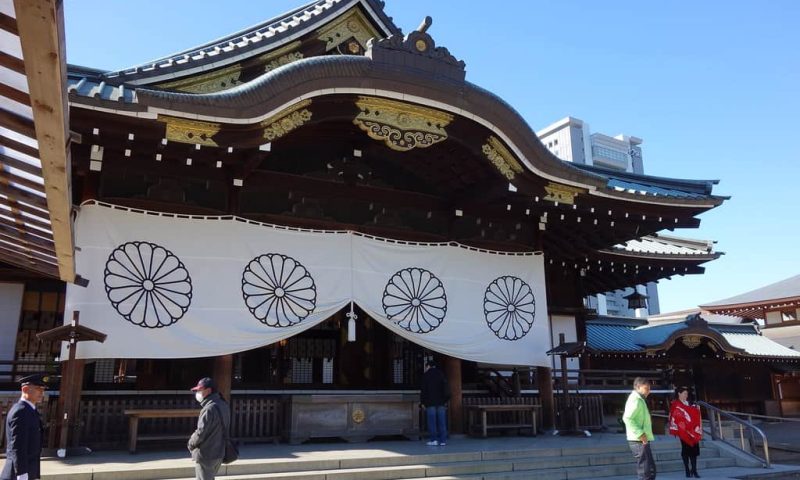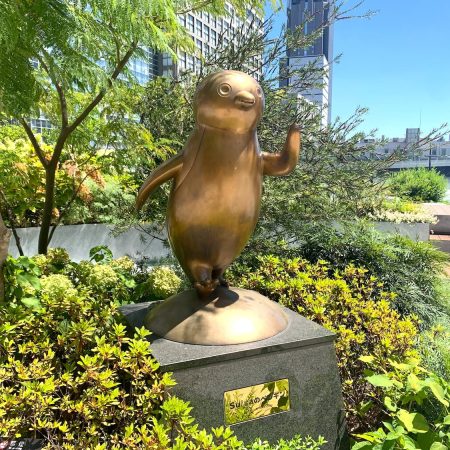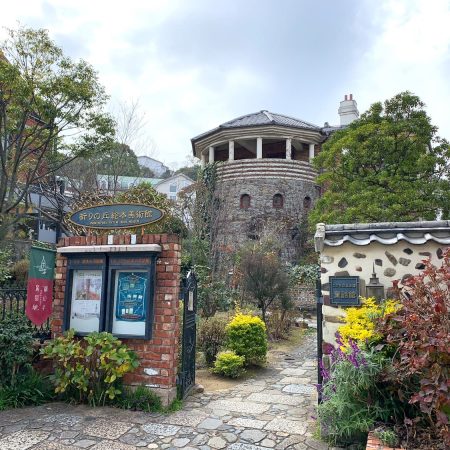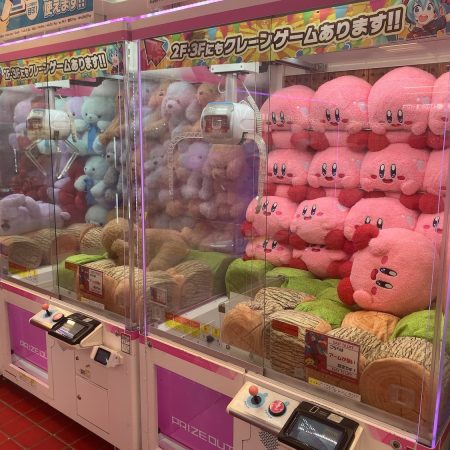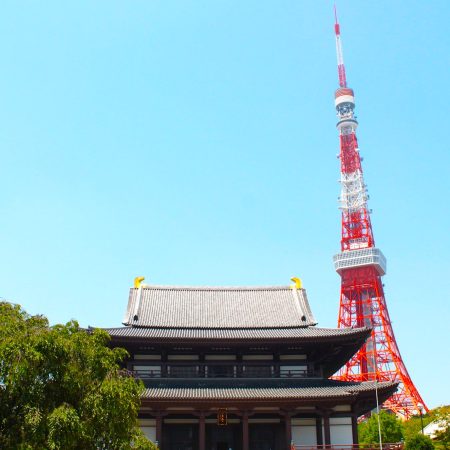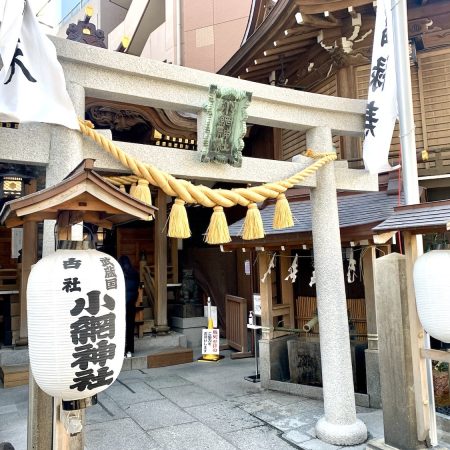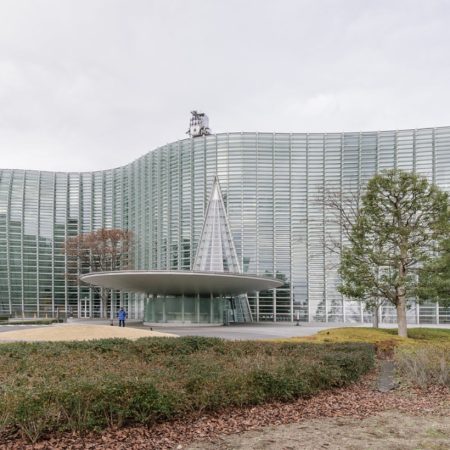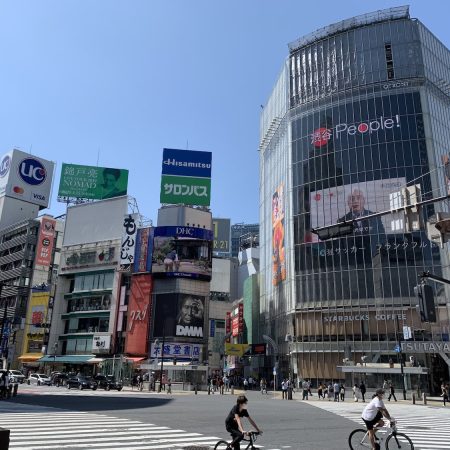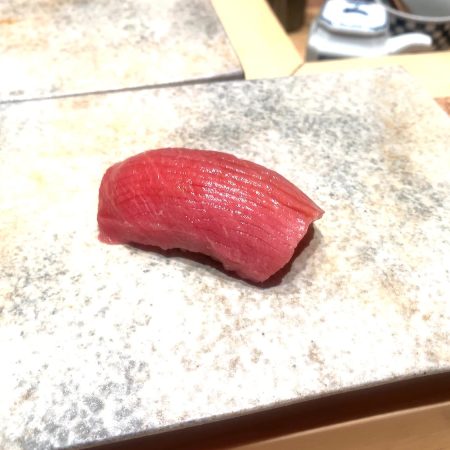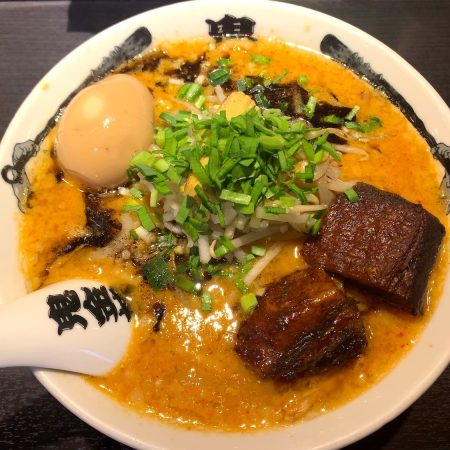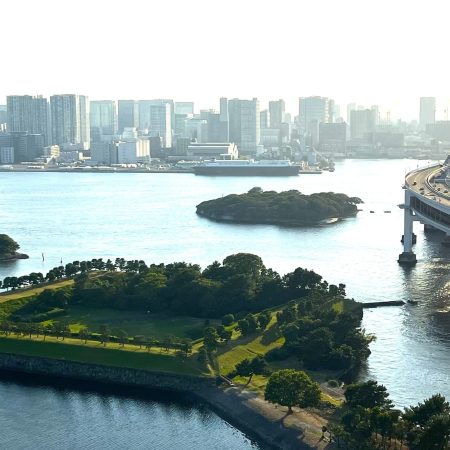Sacred Tokyo: A Journey Through the City’s Most Beloved Shrines and Temples
In the heart of Tokyo’s modern metropolis lies a network of sacred spaces that have stood the test of time, offering visitors a glimpse into Japan’s rich spiritual heritage. From centuries-old temples to vibrant shrines frequented by millions, these sanctuaries provide peaceful retreats from urban life while preserving ancient traditions. Join us as we explore Tokyo’s most cherished spiritual landmarks, each offering its own unique blend of history, architecture, and cultural significance.
- Yasukuni Shrine (靖国神社) A controversial yet significant shrine commemorating over 2.5 million souls who gave their lives for Japan. Founded in 1869, it features stunning gardens, including Shinchi Teien and Chidorigafuchi, and houses an extensive museum with over 100,000 war-related artifacts.
- Kanda Myoujin Shrine (神田明神) Dating back to 730 AD, this vibrant shrine is famous for its Kanda Matsuri festival and unique tech-blessing talismans. Dedicated to three deities including Daikokuten and Ebisu, it’s particularly popular among Akihabara visitors seeking blessings for their electronic devices.
- Hanazono Shrine (花園神社) One of Tokyo’s oldest shrines, located in bustling Shinjuku. Famous for its Tori-no-Ichi festival in November, it’s dedicated to Inari, the deity of business and prosperity, making it popular among entrepreneurs and business professionals.
- Tsukiji Hongwanji (築地本願寺) A stunning architectural fusion of traditional Asian Buddhist motifs and modern design, this temple stands out for its unique Indian-influenced style. Built in 1934 after the Great Kanto earthquake, it’s both a National Important Cultural Property and an active center for social welfare activities.
- Shibuya Hikawa Jinja (渋谷氷川神社) Known for its powerful matchmaking blessings, this serene shrine houses deities Susano-o-no-mikoto and Inada-hime-mikoto. Popular among young couples, it offers special love-themed amulets and hosts monthly Enmusubi Kigan-sai ceremonies for romantic success.
- Yoyogi Hachimangu (代々木八幡宮) Established in 1212, this historic shrine features an impressive 12-meter torii gate and ancient stone lanterns. Famous for its September festival and student exam blessings, it’s also a popular wedding venue surrounded by beautiful cherry blossoms and ginkgo trees.
- Nogi-jinja Shrine (乃木神社) A shrine dedicated to the legendary General Nogi Maresuke and his wife, featuring their preserved Western-style residence. Known for its monthly flea markets and cultural events, it offers a unique glimpse into Meiji-period architecture and samurai loyalty.
- Sengaku-ji (泉岳寺) Famous as the resting place of the “47 Ronin,” this Soto Zen temple embodies the samurai spirit of loyalty. Despite wartime damage, it remains a powerful symbol of Japanese warrior culture, hosting annual memorial ceremonies in December.
- Akagi Shrine (赤城神社) Modernized by architect Kengo Kuma in 2010, this shrine combines contemporary design with 700 years of history. Dedicated to deities believed to grant wishes for relationships and childbirth, it’s particularly popular among women seeking blessings.
- Shiba Toshogu (芝東照宮) Housing a National Treasure effigy of Tokugawa Ieyasu and featuring a historic ginkgo tree planted in 1641, this shrine exemplifies Edo-period architectural brilliance with its intricate animal and plant carvings.
- Ichigaya Kameoka Hachimangu (市ヶ谷亀岡八幡宮) A unique 500-year-old shrine known for welcoming pets and their owners, offering special blessings and ceremonies for animal companions. Its mature trees and terraced design create a peaceful atmosphere in central Tokyo.
- Ebisu-jinja Shrine (恵比寿神社) Dedicated to the god of prosperity and commerce, this shrine is famous for its Tori-no-Ichi festival in November. The shrine’s kumade (decorative bamboo rakes) are particularly sought after as good luck charms for business success.
- Ana Hachimangu Shrine (穴八幡宮) Located near Waseda University, this shrine is known for its special winter solstice amulets and annual horseback archery demonstrations. Its unique positioning on a historic archery practice ground adds to its cultural significance.
- Naruko Tenjin Shrine (成子天神社) Dating back to 903 AD, this shrine houses special “power stones” and features a unique man-made Fuji mound. Popular among students seeking academic success, it beautifully blends ancient traditions with its modern surroundings.
- Juniso Kumano-jinja Shrine (十二社熊野神社) A peaceful sanctuary with roots in the 14th century, this shrine was once surrounded by natural ponds and waterfalls. Though modernized, it maintains its role as a spiritual oasis in Shinjuku’s urban landscape.
Visitor Tips:
- Most shrines and temples are open daily from early morning until sunset
- Remember to observe proper etiquette: bow at the torii gates, cleanse at the chozuya (purification fountain), and maintain respectful silence
- Many locations offer special amulets (omamori) and fortune slips (omikuji)
- Consider visiting during seasonal festivals for a more dynamic experience
- Early morning visits often provide the most serene atmosphere for appreciation and photography
Whether you’re seeking spiritual connection, historical insight, or architectural beauty, these sacred spaces offer unique windows into Japan’s rich cultural heritage. Each location tells its own story while contributing to Tokyo’s fascinating blend of tradition and modernity.

